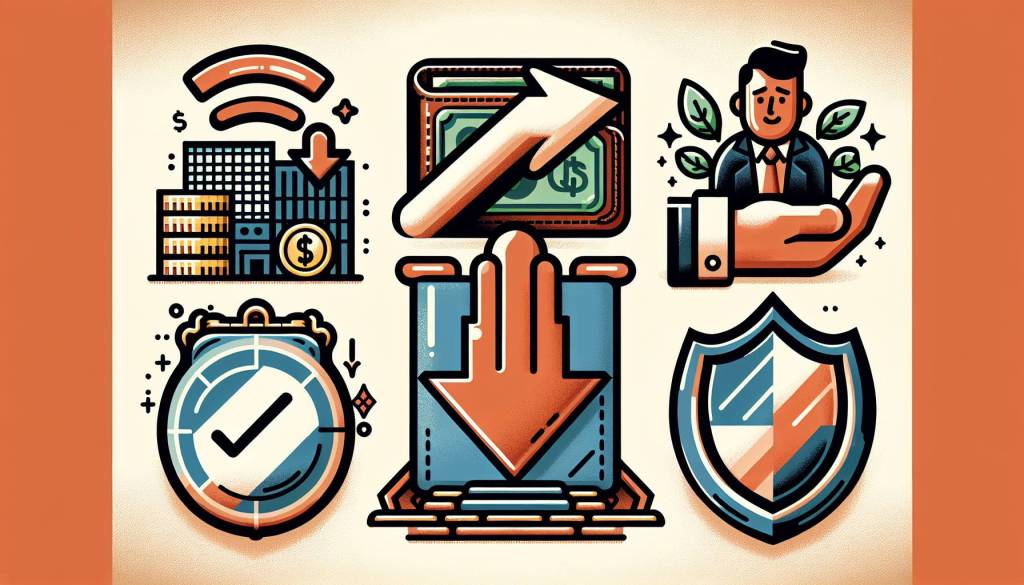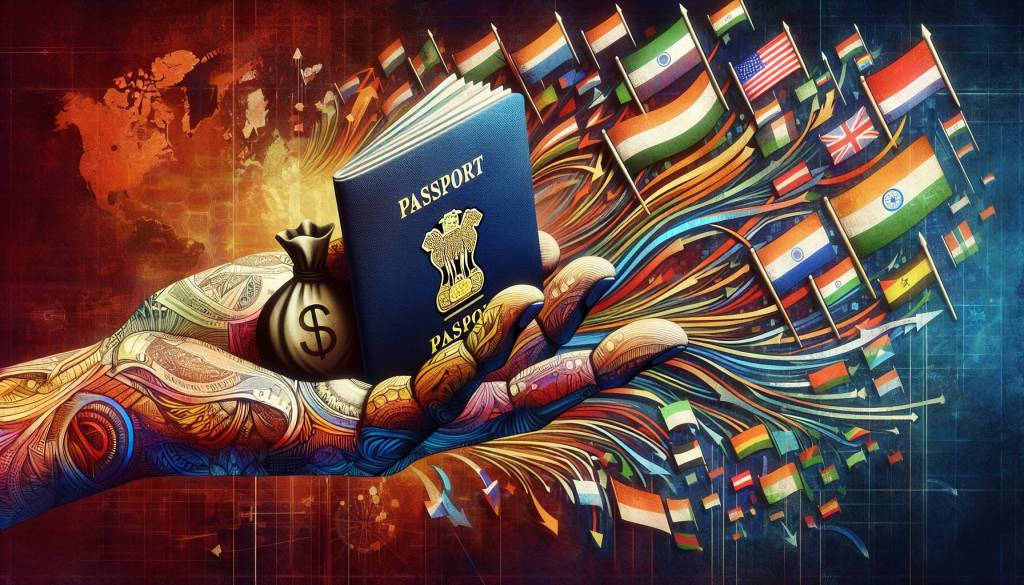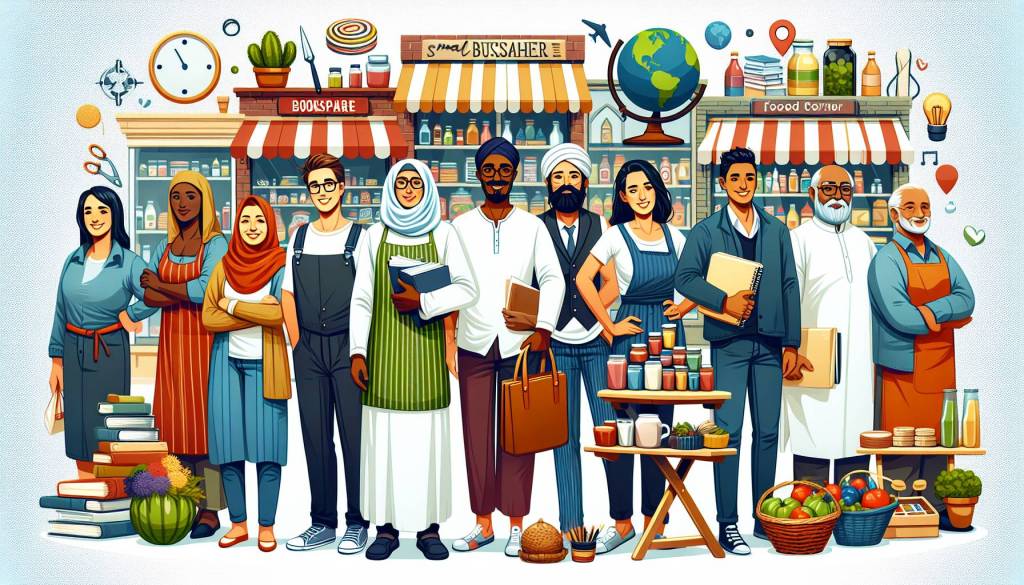In recent times, Shein, the Chinese internet shopping giant, has faced significant scrutiny over its labor practices, environmental impact, and ethical concerns. This scrutiny came to a head when a group of American fashion influencers and creators embarked on a sponsored tour of a model factory in China, organized by Shein. The influencers’ subsequent glowing reviews of the factory garnered online backlash, with social media users expressing their outrage. This article delves into the controversy surrounding Shein’s practices, the influencers’ visit, and the broader implications for the fashion industry.
Shein has emerged as a prominent player in the fashion industry, particularly among Gen Z consumers, owing to its low prices, extensive advertising on platforms like TikTok, and close relationships with influencers. However, questions have arisen regarding the company’s ability to maintain such low prices, its transparency regarding labor practices, and the environmental waste it generates.
In mid-June, a group of American fashion influencers and creators embarked on a tour of Shein’s “innovation center” in Guangzhou, a southern Chinese megacity. The facility showcased high-tech fabric cutters and robots, with workers diligently crafting clothes in a bright and spacious environment. The influencers, including designer Kenya Freeman, shared videos and positive reviews of their visit on social media platforms like Instagram.
The influencers’ visit to Shein’s facility and subsequent support of the business’s methods drew rapid internet criticism. Critics cited the influencers’ apparent ignorance of Shein’s alleged violations of human rights and the effects of fast fashion on the environment. They questioned why the influencers would associate with a business that was alleged to have immoral principles.
The magnitude of online hate directed towards the influencers was described as “unprecedented” by Kenya Freeman, who expressed the detrimental impact on her mental health. Freeman clarified that she was neither defending Shein nor responsible for its actions. As a designer who had previously worked with Shein, she highlighted the brand‘s importance as a lifeline for small businesses, particularly those founded by individuals from marginalized communities.
In response to the controversy, Shein issued a statement affirming the authenticity of the influencers’ social media videos from their visit to the factory. The company emphasized its commitment to transparency and stated that the tour aimed to provide influencers with insights into Shein’s operations, enabling them to share their experiences with their followers. However, this response did little to assuage the concerns raised by critics.
Shein’s meteoric rise in popularity has coincided with increased scrutiny, particularly amid deteriorating relations between the United States and China. In April, a US congressional commission highlighted potential links between Shein and other Chinese companies, such as online superstore Temu, to forced labor, trade loopholes exploitation, product safety hazards, and intellectual property theft.
Legislators launched a bipartisan campaign in May to persuade the Securities and Exchange Commission (SEC) to demand that Shein declare that none of its products are made with forced labor from the Uyghur ethnic minority. The plight of this minority in China that is primarily Muslim has long drawn criticism from all over the world. The congressmen referenced a Bloomberg story that said cotton from Xinjiang, an area known for its use of forced labor, was used in Shein’s clothing that was sold in the United States. It is important to note that due to worries about forced labor, the United States has already banned all imports from the Xinjiang area.
Shein’s commitment to sustainability practices has also come under scrutiny. The United Nations Environment Programme reports that approximately 85% of clothing ends up in landfills or is burned, exacerbating the environmental challenges posed by fast fashion. Experts argue that Shein’s cheap, low-quality fashion contributes significantly to this problem.
Shein contends that its business model enables waste reduction and minimizes overproduction by producing clothing in small batches. The company claims to commission larger batches from factories in its supply chain only when demand is demonstrated. Furthermore, Shein has set a goal to reduce emissions by 25% by 2030, based on 2021 figures.
The rise of influencers, particularly among Gen Z consumers, has made them crucial for marketing campaigns. However, even though influencers are highly influential, they still require transparency. Gen Z consumers are increasingly seeking purpose-driven brands and scrutinizing the values and practices behind them. Consequently, the influencers who visited Shein faced backlash for aligning themselves with a company accused of ethical and environmental violations.
Kelly Kellen, an associate professor of marketing at Aurora University, emphasizes the importance of transparency for brands targeting Gen Z consumers. She notes that young consumers are peeling back the layers, seeking a deeper understanding of a brand’s purpose and values.
In conclusion, the controversy surrounding Shein’s labor practices, environmental impact, and ethical concerns has been exacerbated by the visit of American fashion influencers and creators to the company’s model factory in China. The influencers’ endorsement of Shein’s practices received significant backlash, with critics questioning their alignment with a company accused of unethical values. Shein’s response emphasized transparency, but concerns remain. Additionally, Shein faces allegations of forced labor and scrutiny over its sustainability practices. As consumers, particularly Gen Z, demand more transparency and ethical accountability from brands, the role of influencers in shaping consumer perception becomes increasingly significant.
First reported by NPR.












